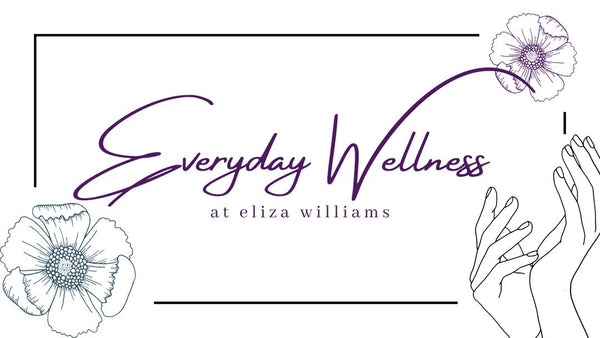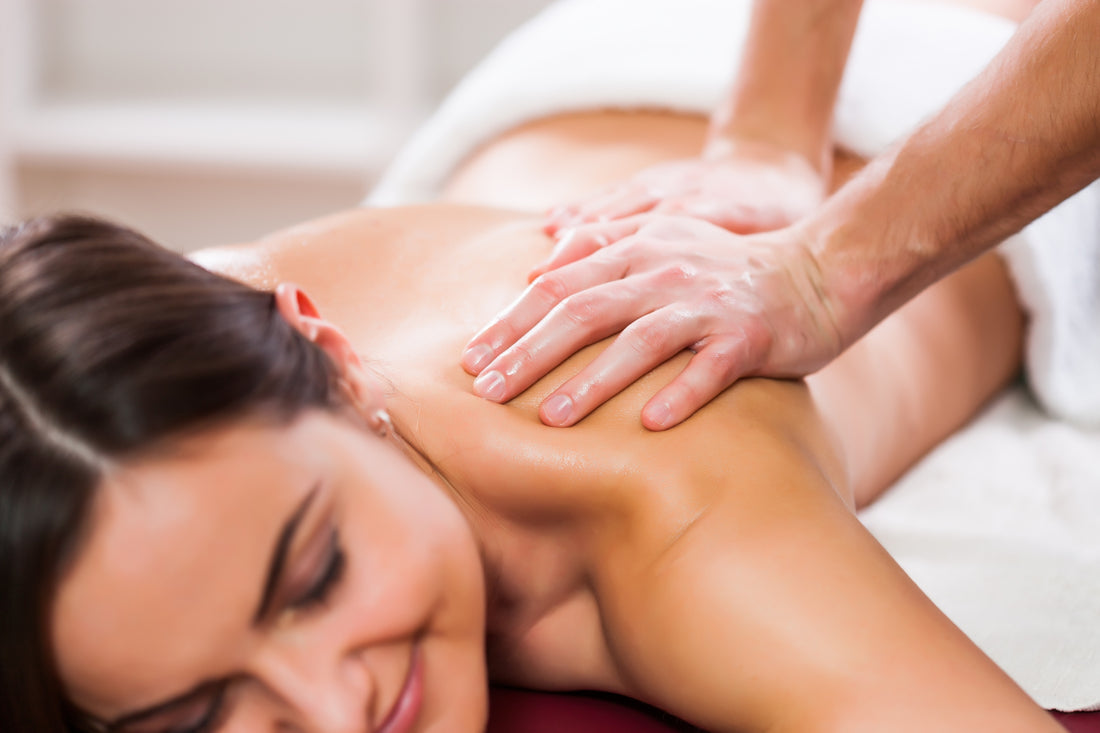In the serene sanctuaries of spas and wellness centers, massage therapy is revered as a potent elixir for stress relief and rejuvenation. But beyond the soothing aromas and swaying palms lies a literal hands-on approach to health that has been scientifically proven to deliver an array of benefits. This comprehensive guide to massage therapy will unravel the scientific components that make it a powerful modality for enhancing both menal and physical well-being.
The Physical Effects: More than Just Kneading Muscles
Stimulates Blood Circulation - Underneath the practiced pressure and rhythmic movements of a massage lies a critical physiological response – improved blood flow. As the therapist applies various techniques – such as effleurage (long, gliding strokes) or petrissage (kneading and lifting muscles) – blood vessels respond by dilating, allowing more oxygen, nutrients, and waste products to move through the body. This enhanced circulation not only aids in muscle recovery but also has systemic benefits, contributing to a healthier cardiovascular system.
Alleviates Muscle Tension and Pain - The physical act of massaging has the immediate effect of unclenching tightened muscles, which can be especially helpful for those with chronic pain conditions or individuals who lead sedentary lifestyles. By targeting specific muscle groups, therapists can break down adhesions and reduce the accumulation of lactic acid, both of which are common concomitants of muscular pain and tension.
Improves Flexibility and Range of Motion - Regular massage can greatly assist in maintaining and improving flexibility and range of motion, making it a valuable tool for athletes and the elderly alike. Through the application of techniques that flush the muscles with increased blood flow, the body's connective tissues become more pliable, and joint mobility is enhanced.
The Mental Benefits: Easing the Mind and Spirit
Stress Reduction and Relaxation - With the day-to-day grind taking its toll, the mental benefits of massage often overshadow the physical. Stress reduction is one of the most well-documented and appreciated effects of massage therapy. The manipulation of the body not only relaxes muscles but also triggers the release of endorphins – the body's natural feel-good chemicals.
Enhances Mental Clarity and Focus - Beyond the temporary relaxation, massages have been associated with improved mental focus and clarity. Patients report increased alertness and better mental acuity following a massage, which can be attributed to the reduction in stress and the improved sleep that often follows a session.
Supports Mental Health - The therapeutic touch of massage has a profound impact on mental well-being. Studies have found that regular massages can alleviate symptoms of anxiety and depression. This effect is partly due to the reduction in stress hormones and increased levels of serotonin and dopamine, which are linked to positive moods and a sense of well-being.
General Health Benefits: A Holistic Approach to Body Maintenance
Boosts the Immune System - Scientific evidence suggests that massage can contribute to a healthier immune system. By promoting the movement of lymphatic fluid, which contains white blood cells that help defend the body against diseases, massage supports the immune response and may help the body fight off infections.
Improves Posture - Poor posture can contribute to a myriad of issues, from back pain to breathing problems. A skilled massage therapist can help alleviate postural stress by releasing tight muscles that pull the body out of alignment, allowing the body to return to its natural, pain-free state.
Enhances Skin Health - When we receive a massage, the massage oils or lotions help to nourish the skin and improve its tone. The rubbing motion of the massage increases blood flow to the skin, which can provide multiple benefits to skin health, including better cell regeneration and the formation of scar tissue.
Types of Massages and Their Specific Benefits
Swedish Massage - This is the most common form of massage therapy, and it is renowned for its ability to induce relaxation and reduce stress. The techniques used are designed to improve circulation, reduce muscle tension, and create a sense of relaxation.
Deep Tissue Massage - Focusing on the deeper layers of muscle tissue, this type of massage aims to release chronic patterns of tension in the body. It can be particularly effective for those suffering from tight muscles, repetitive strain injuries, and postural problems.
Sports Massage - Geared toward athletes, this massage can help prevent or treat injuries, enhance flexibility, and improve athletic performance. It can also shorten recovery time for those who participate in sports.
Hot Stone Massage - By placing heated stones on certain points of the body, this type of massage can be both relaxing and help warm up tight muscles to reduce tension before the therapist starts working on them directly.
Thai Massage - This form of massage combines acupressure, yoga, and Shiatsu, and it is done fully clothed. It is an energizing massage that helps improve flexibility and energy levels.
Safety and Considerations
While massage therapy is generally safe, there are certain conditions where it may not be appropriate. These include:
- Recent surgeries or injuries
- Pregnancy (unless performed by a therapist trained in prenatal massage)
- Blood clotting disorders
- Osteoporosis
- Cardiovascular conditions
If you have any concerns about how massage therapy may affect your health, it's crucial to consult with your healthcare provider before scheduling a session.
Integrating Massage into Your Health Routine
Understanding the benefits of massage therapy can motivate you to make it a part of your regular health regimen. Whether you're seeking to enhance your fitness routine, combat stress, or simply indulge in a little self-care, the science is clear – massage is a powerful ally in your quest for improved health and well-being.
Strategically scheduling massage sessions can bolster the effects of your other health practices, such as exercise and proper nutrition, creating a holistic approach that keeps your mind and body in optimal condition.
In conclusion, the harmony of touch and pressure in the context of massage is far from merely a feel-good indulgence. It's a structured, purposeful interaction with the body's complex network of tissues, chemicals, and systems, all aligned to bring about a healthier you. Whether it's through the swift strokes of a Swedish massage or the intense focus of deep tissue work, each modality plays a role in your health narrative, one session at a time.

